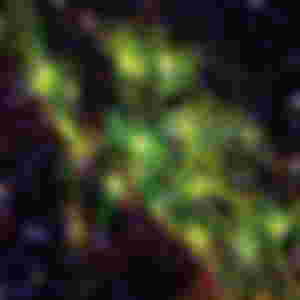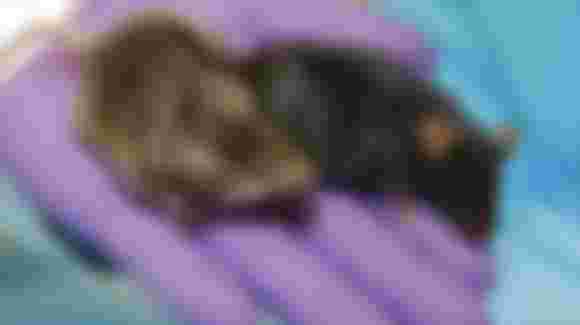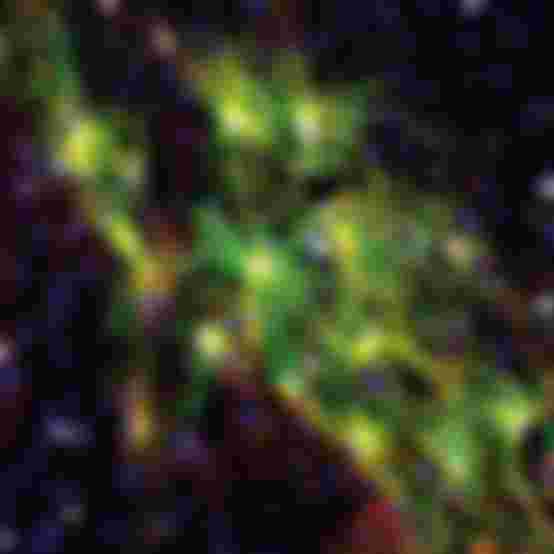This matter really seems interesting that the Mice got smarter because of Human brain cells. You may think it was neuron but not.
In an experiment that might seem like a mad scientist would conjure, researchers injected human brain cells into the brains of mice to see how it would affect the way the mice thought. It really did, the mice got smarter. But the cognition boosting cells weren’t neurons, they were the red-headed step-children of neuroscience called astrocytes. The study turns on its head the role historically attributed to astrocytes of simply supporting the all important function of neurons without playing a significant role in how we learn and think. It may very well be that humans owe much of their unique thinking capabilities because of astrocytes.

If it’s true that astrocytes help us to think, and human’s are the smartest of all thinkers, then maybe we owe much of our cognitive prowess to astrocytes. To test this idea, scientists at University of Rochester Medical Center injected human glial progenitor cells into the brains of mice and tested to see if it changed the mice’s ability to remember and learn. Glial progenitors are precursor cells that mature into astrocytes in the young brain. The human progenitors were injected into the brains of mice shortly after they were born. In an early show of superiority, the human progenitors drove out the mice’s own progenitors. By the time the mice were six months old, most of their astrocytes were of human origin.

The researchers then subjected their “human glial chimeric” mice to tests to see if the human astrocytes affected their memory and learning capabilities. To make sure any differences were specifically due to the human astrocytes and not just more astrocytes, the performance of the chimeric mice was compared to others which had received injections of mouse astrocytes.
In both the ability to learn their way around a maze and to associate a tone with a foot shock – that is, to learn to be afraid of the tone – the mice with human astrocytes outperformed their mouse cell only competitors. The tone-shock test was particularly impressive. While the mice receiving mouse astrocytes require several trials to learn to be afraid of the tone, those with human astrocytes became fearful after a single shock.
In an attempt to explain how the human astrocytes could enhance cognitive abilities, the researchers took a look at how mice neurons behave in the presence of the foreign cells. Long-term potentiation (LTP) is a phenomenon in which the response of a neuron to a signal is boosted after it receives a strong stimulus. Neuroscientists believe that LTP is at the core of learning and memory, that the boosted responses are what memories look like at the level of single neurons. The neurons surrounded by human astrocytes in the chimeric mice showed more pronounced LTP than those with mice astrocytes.
The human astrocytes were also seen to communicate with each other (by propagating calcium waves) much more quickly than mice astrocytes communicated. So, together with the LTP boost that could explain the chimera’s ability to learn, human astrocytes could also communicate with each other and with neurons more quickly.
Like and Comment down what do you think about it?GOOD Night


Thats a unique experiment right there & seems like it produce an amazing result for the mice & I am quite shocked too with the result